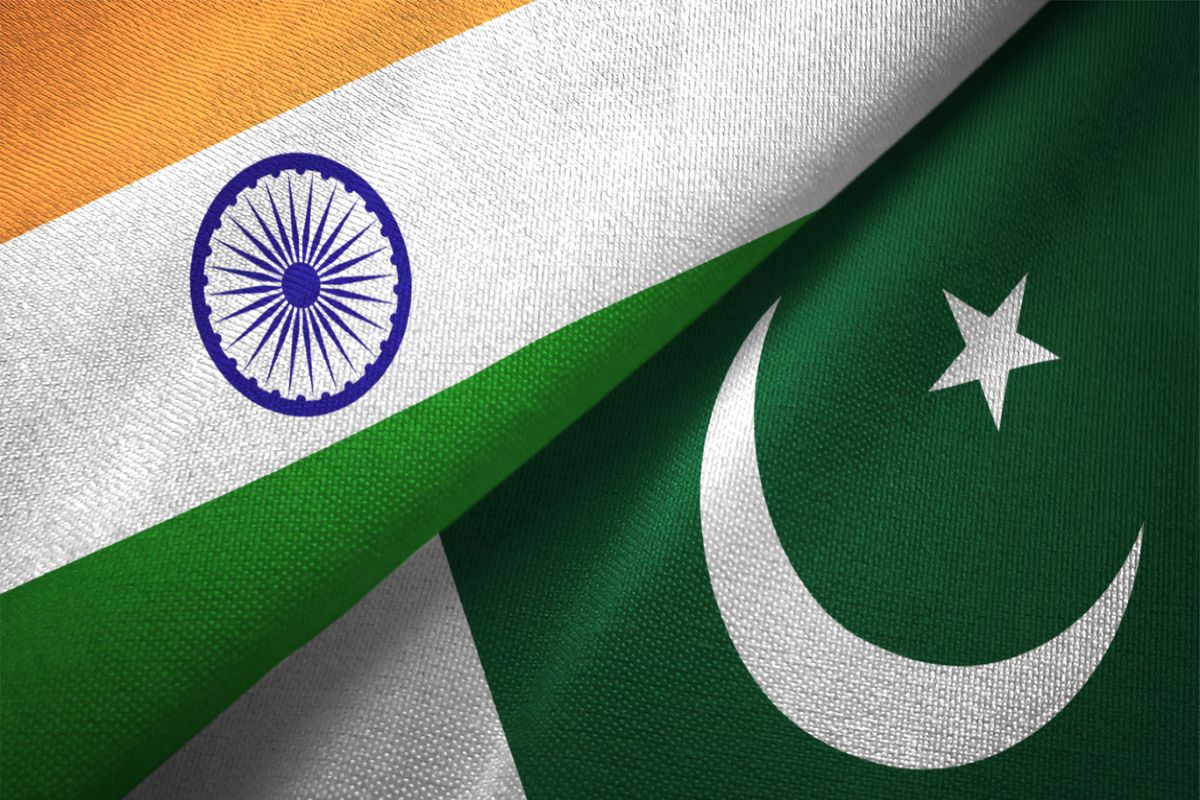PDP leader Iltija initiates signature campaign for alcohol ban in J&K
The campaign supports a bill proposed in the Assembly by PDP MLA Mir Mohammad Fayaz, seeking a complete ban on alcohol in the union territory (UT).
The team arrived at Jammu on Sunday and flew to Kishtwar in helicopters to examine the power projects coming up on the Chenab River that comes under the IWT.

representational image (iStock photo)
A 40-member Indo-Pakistan team along with World Bank’s experts on Monday flew to Kishtwar district of Jammu and Kashmir to examine two hydroelectric projects under the Indus Water Treaty (IWT).
The team arrived at Jammu on Sunday and flew to Kishtwar in helicopters to examine the power projects coming up on the Chenab River that comes under the IWT.
Advertisement
The 9-member Pakistani team is led by Syed Ali Murtza, secretary of water resources in Pakistan. Syed Mohammed Mehar Ali Shah, Pakistan’s IWT commissioner is also accompanying the team.
Advertisement
The Indian delegation consisting of 12 members is also visiting these projects.
A three-member Pakistan delegation had earlier inspected the Pakal Dul, Ratle and Lower Kalnai hydro electric power projects last time in January 2019, before the ties between the two countries froze following the abrogation of the special status of Jammu and Kashmir.
This is the first visit of a Pakistani delegation to Jammu and Kashmir in more than five years under the dispute settlement mechanism of the 1960 IWT.
India and Pakistan signed the IWT after nine years of negotiations, with the World Bank being a signatory of the pact which sets out a mechanism for cooperation and information exchange between the two sides on the use of waters of a number of cross-border rivers.
Immediately after landing at an army camp near, the visiting delegation visited the National Hydroelectric Power Corporation (NHPC) headquarters, the officials said, adding they left for the 85 MW Ratle hydroelectric power project site at Drabshalla for dam inspection.They are also visiting the 1000 MW Pakal Dul hydroelectric project on river Marusudar, a tributary of river Chenab, and other power projects during their stay in Kishtwar, the officials said.
Pakistan’s initial request to the World Bank in 2016, concerning its objections to the design features of the two hydroelectric power projects, sought a settlement through a ‘Neutral Expert.’
However, Pakistan later withdrew this request and sought adjudication through a Court of Arbitration. India, on the other hand, insisted that the issue should be resolved solely through ‘Neutral Expert’ proceedings.
After failed negotiations, the World Bank appointed a Neutral Expert and the chair of the Court of Arbitration in October 2022. Issuing a notice for modifying the Treaty, India warned that “such parallel consideration of the same issues is not covered under any provision of the IWT”. In July 2023, the Court of Arbitration ruled that it was “competent to consider and determine the disputes set forth by Pakistan’s request for arbitration”.
The Jammu and Kashmir administration has appointed 25 “liaison officers” each in Jammu and Srinagar to coordinate the visit of neutral experts along with delegations from India and Pakistan.
The IWT allocates the three Western Rivers- Indus, Jhelum and Chenab to Pakistan and the Eastern Rivers- Ravi, Beas and Sutlej to India. The treaty allows each country certain uses on the rivers allocated to the other.
While the Indus originates and flows to Pakistan through Ladakh, Jhelum flows from Kashmir and Chenab originates in the Lahaul-Spiti district of Himachal Pradesh from where it flows to the Jammu region and then to Pakistan.
India is building several hydroelectric projects on the Chenab and the earlier objections of Pakistan particularly on the height of the dam of some of these projects were overruled by the World Bank that is an arbitrator for resolving such disputes.
Advertisement